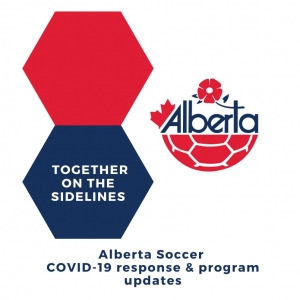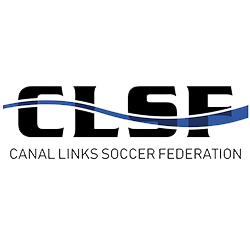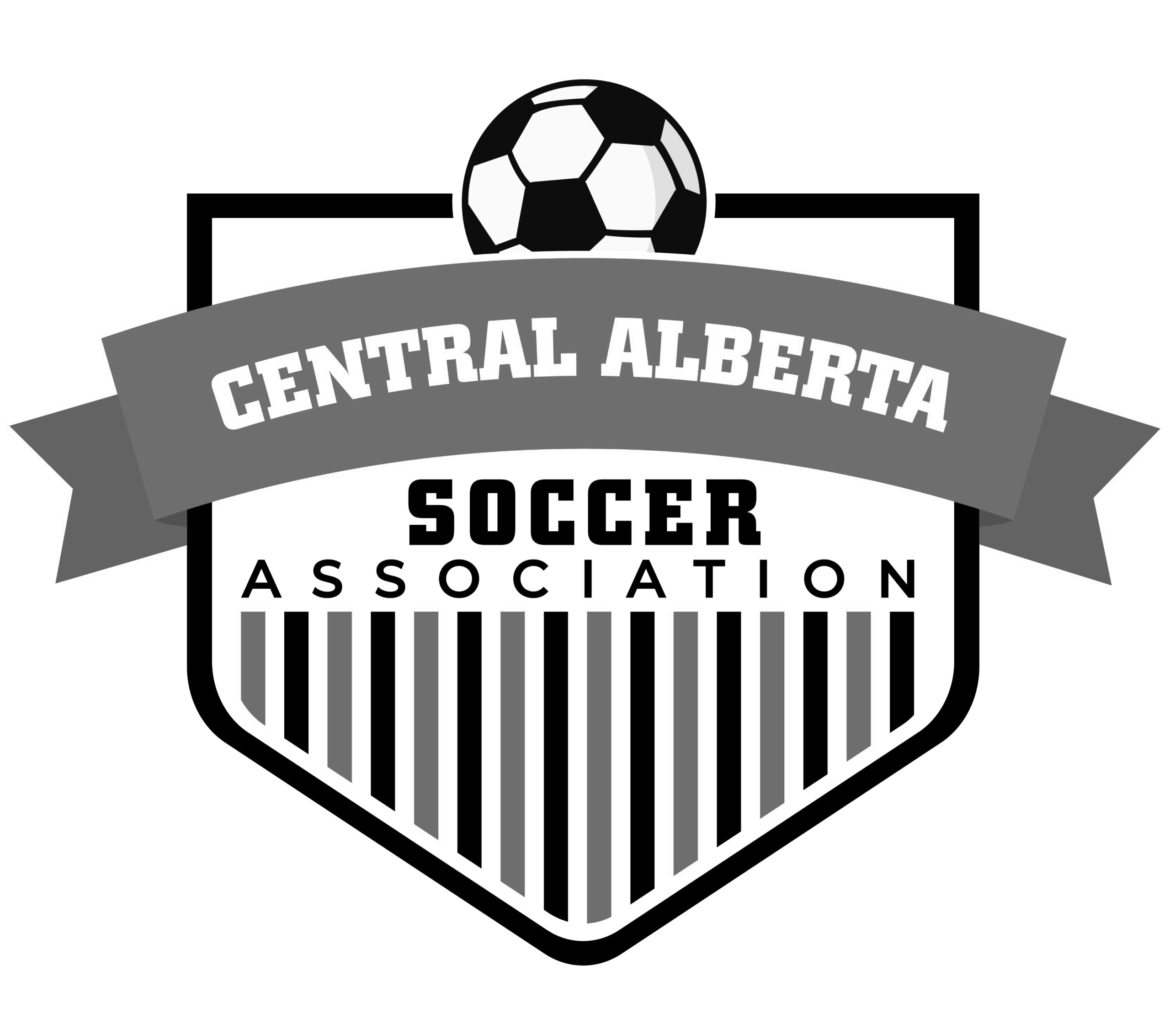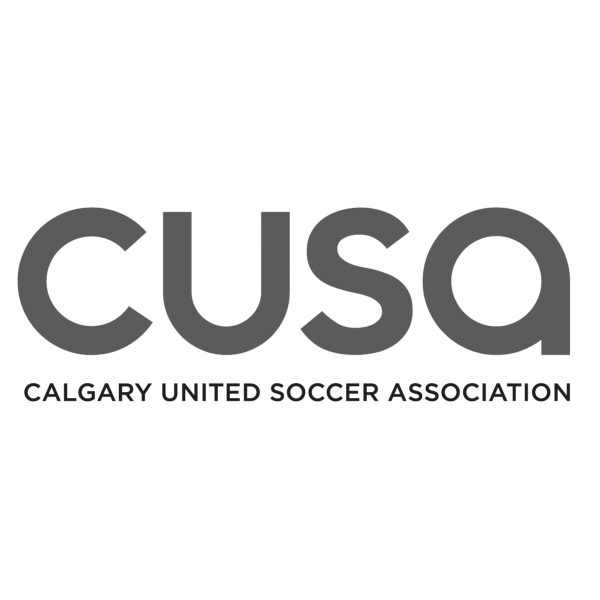COVID-19 Updates
IMPORTANT: The Government of Alberta declared a State of Public Health Emergency in Alberta on November 24, 2020. Further to this, on December 8, 2020, stronger measures were implemented to prevent further spread of COVID-19.
Please click here to learn more about the new restrictions which will be in place until AT LEAST January 12, 2021.
*The details found above supersedes the information below (if in conflict).
Alberta Soccer’s Technical and Referee Departments, together with Member Districts, Provincial Partners and Canada Soccer, are working tirelessly to develop and deliver online activities. We are communicating with our membership on an as-needed basis in addition to hosting a scheduled Monthly Video Call summarizing activities and new developments. All meeting minutes and and memos can be found below.
Phase 1: Return to Training Guidelines
Phase 2: Return to Modified Games Guidelines
updated Nov. 6, 2020

Frequently Asked Questions
Updated November 6, 2020
This FAQ was developed in support of Alberta Soccer’s Phase 2 – Return to Modified Games (RTMG) which are the minimum standards required for a return to any sanctioned soccer activity in Alberta.
The RTMG and this supporting FAQ will be updated, subject to changes made by federal, provincial, local health authorities and/or Canada Soccer.
As per the RTMG plan, should any member organization and/or affiliated club wish to add stricter guidelines, measures, and/or precautions they are able to do so for the soccer activity they oversee within their specific organization.
Yes, but current AHS guidelines state that individuals should limit the number of cohorts they participate in.
Note: On October 26, AHS announced additional voluntary measures for the Edmonton Zone and City of Calgary which included limiting cohorts to no more than 3: your core household, your school and ONE other sport or social cohort.
Individuals should make themselves aware of the responsible management of cohort participation by familiarizing themselves with AHS Guidance for Cohorts.
Alberta Soccer strongly recommends that organizations have a response plan prepared for how they would manage a possible change in AHS guidelines that would require individuals to only participate in one sport cohort.
Yes. Member organization and/or affiliated club may add stricter guidelines, measures, and/or precautions for the soccer activity they oversee within their specific organization.
No, unless a 14-day cohort/mini-league break is observed as teams that belong to other mini-leagues should not play each other.
No, see response to question above.
Cohorts / mini-leagues may be changed during Phase 2 IF a two-week cohort break is observed AND the new cohort/mini-league being formed is not for a short-period (i.e. weekend).
Yes, two teams of 18 can each train together and be considered one cohort. The maximum number of participants in a cohort is 50. Sport cohort teams cannot participate in more than one cohort / mini league.
Yes, if the individual(s) from the outside group maintain physical distancing of 2 metres at all times. They should be required to have a mask and practice hand hygiene in the event that they need to temporarily interact with the cohort group at a distance of less than 2 metres.
Yes, if the coaches consistently and routinely engage with participants at a distance of less than 2 metres.
No, if the coach primarily interacts with individuals/team at a distance of 2 metres or greater. Note, these individuals are required to wear a mask and perform proper hand hygiene if it becomes necessary to temporarily interact with cohorting participants at a distance of less than 2 metres.
No, call-ups and trialists for Stage 2 would defeat the purpose of the cohort concept, in that the participants would need to self-isolate for 14 days before being allowed to change cohorts.
Yes, if the trialist / call-up player is a member of the same sport cohort (one of the 50 individuals assigned to a sport cohort/mini league) may be used.
Yes, if the training session is physically distanced as per Phase 1 programs.
No, call-ups and trialists for Stage 2 would defeat the purpose of the cohort concept, in that the participants would need to self-isolate for 14 days before being allowed to change cohorts.
Guest players who are duly registered (including waiver) for Phase 1 programs (physically distanced training) would be permitted as physical distancing is being maintained in these programs.
Trialist/Call-up players who are members of the same sport cohort (one of the 50 individuals assigned to a sport cohort/mini league) may be used.
Yes, IF the coach consistently and routinely engages with participants at a distance of greater than 2 metres during all other activities, the coach may be on the bench with the team IF the coach (1) wears a mask, (2) practices hand hygiene, and (3) is separated from the players in the bench area as much as possible.
For example, within an indoor boarded facility, the coach should stand at the opposite end of the bench (box referee side) while the players remain at the other side.
Yes, if the coach or identified adult on the roster is part of the sport cohort AND the referee has signalled them onto the field.
Yes, if the coach or identified adult who is NOT part of the sport cohort wears a mask and practices proper hand hygiene AND the referee has signalled them onto the field.
Yes, if your club forms an internal sport cohort within your club. Cohort/mini-league rules will apply such as, a maximum of 50 individuals per sport cohort and a two-week cohort break is required if any changes to the cohort are made.
Yes, waivers MUST be signed prior to participating. A generic waiver has been provided to all Districts.
Note: On November 5, AHS announced changes to Contact Tracing that includes new responsibilities for Individuals and Event Organizers. Individuals who have tested positive for COVID-19 are asked to notify their own close contacts; as soccer is considered an event, individuals are asked to contact their Event Organizer who will contact their close-contacts on their behalf. Event Organizers will be asked to contact any close-contact of a positive COVID-19 case who attended their event.
Yes, so long as the records are traceable. Organization must be able to access a record that indicates the Daily Screening was done prior to attending the activity in the event that this information is required by AHS investigators during contact tracing.
Yes, children and youth will need a parent to assist them when completing the screening tool.
Yes, contact tracing and health screening records cannot be delegated to a facility. In the event of an AHS investigation, the mini-league coordinator must be able to provide these records upon request. AHS investigators will not call a facility when completing an investigation at a team/mini-league level.
On November 5, Alberta Health Services announced that changes were being introduced to contact tracing due to a severe backlog within AHS. AHS provided a definition of a close contact, including the time period in which someone would be deemed infectious. AHS also asked all individual Albertans to self-report their positive test result to the event organizers that they attended while infectious. Event organizers were then asked to assist individuals in notifying the close contacts at the event. As such, Alberta Soccer has provided guidance to our members on how to assist with contact tracing during this time.
Pre-existing conditions will not eliminate them from participation, rather atypical/unusual symptoms would. A family decision should be made regarding asthma or other similar pre-existing conditions. If the condition is under control it should not preclude players from participation.
Yes, the isolation period for an individual who tested positive for COVID-19 is for 10 days from the start of symptoms, or until symptoms resolve, whichever takes longer.
Provided that the AHS Guidance is followed, there is no need to cancel an activity, or postpone the undertaking of a cohort, in the event that an individual becomes sick. It is important that all cohorts keep daily program attendance to share with AHS if tracing is required.
As of November 5, AHS has provided a definition of Close Contact to include all members of the sport team of the confirmed COVID-19 test and any teams that played that team during the infectious period.
The team(s) identified as close contacts of the confirmed COVID-19 test will be required to observe a 14-day cohort break.
Referees who officiated who were not included in affected cohorts could be notified of the situation as a courtesy by the Event Organizer but it is not a requirement.
When notifying cohorts in these situations, Members must ensure they maintain the privacy of the self-identified individual and should encourage the individuals who are experiencing a 14-day cohort break to monitor themselves for symptoms. AHS Scripts should be used when doing so.
See: AHS COVID-19 Self Assessment Tool
See: AHS COVID Testing/Online Booking
Alberta Soccer will be following the script provided by AHS for Close Contact Notification which includes the statement that individuals must self-isolate and should go for testing.
While this individual is legally required to self-isolate, the team and/or cohort they belong to does NOT need to experience a 14-day cohort break.
An individual must be in contact with a confirmed COVID-19 positive case to be considered a close contact.
As of October 26, 2020, if a positive case attended an event while infected, AHS will notify the organizer and provide them with written notification that can be directly emailed to all event attendees. These emails are expected to be distributed within 24 hours of AHS contact.
AHS may also contact the coach, the league organizer, the club, the zone, the district or the facility.
It is important that all cohorts keep daily program attendance to assist with contact tracing efforts.
On November 5, AHS updated the definition of Close Contact to include:
- Close contacts are defined as anyone that was within two metres of a positive case of COVID-19 for more than 15 minutes, even if a mask was worn during that contact.
- A close contact is ALSO someone who has had direct contact with bodily fluids of a person who has COVID19 (e.g., was coughed or sneezed on), or who provided direct care for a person who has COVID-19.
For sports that involve close, sustained or intermittent and repeated contact, all members of the teams playing each other are considered close contacts when there is a case on a team.
Anyone who falls into any of the above categories is considered a close contact of a confirmed case of COVID-19.
If someone on your soccer team tests positive for COVID-19, you are considered a close contact and must isolate for 14 days from the time you were exposed. It is recommended that you get tested for COVID19.
If you competed against another soccer team that has a confirmed case of COVID-19, you will be contacted by the Event Organizer if your teams competed during the infectious period. See: AHS Information for Close Contacts of a COVID-19 Case
As of November 5, AHS has asked that individual Albertans voluntarily report their positive COVID-19 test result to anyone who they have been in close contact with. In soccer, because it is considered an Organized Event, you should contact the Event Organizer to share with them the result of your COVID-19 test. They will then, confidentially, inform individuals who would be considered close contacts during your infectious period. They will need to know the date of your COVID-19 swab (if no symptoms) or your first day of symptoms. They will also need to verify your attendance two days prior to that date.
As an individual you may choose to inform your coach or team manager, club, league, or district association.
For more information on Contact Tracing for Individuals, please visit AHS Contact Tracing Notification Process.
Establishing a single protocol that captures the variances of indoor facilities across the province is not feasible. Individuals / teams must follow the individual safety protocols in place at the facilities they access. Due to the varied sizes and layouts of facilities, they may have different guidelines for areas such as but not limited to; arrival times, loitering restrictions, spectator management, concessions, etc.
Click here for the Indoor Referee Guidelines
Department Updates
Alberta Soccer is shifting its programs to online platforms to keep everyone active and learning while at home. Please visit the following links for information on new & updated programming from each department.
- 2020-21 REX Announcement – July 22, 2020
- Coach Education: Online Courses Calendar
- Technical Department Webinar Series Recordings
- Technical Department Update
- September 3rd Update
- Online Courses – available for referees and students in their Refcentre account
- Weekly Quizzes
Click here for more information
- ASA Provincial Championships
- Updates on AMSL & AYSL (Standards-based leagues)
Click here for more information on tournament sanctioning
Resources
- Alberta Health Services
- General information for Albertans, including prevention & physical distancing guidelines and mental health resources.
- Government of Alberta
- Government of Canada
- Official information from the Government of Canada on the impact of Covid-19 on health & financial matters and the available support options.
- Wellness Together Canada: Varied resources for youth and adults, to help get through this pandemic.
- Return to Soccer – Response Action Plan_EN
- Canada Soccer Return to Play Risk Assessment Tool
- Canada Soccer Nation Inside: Online programs for coaches and players
- Announcement of Suspension of all Soccer Activities (March 13th)
- FIFA #WorldCupAtHome: Re-watch classic World Cup matches
- FIFA Covid-19 Resource Center: #BeActive and #HealthyAtHome videos and information
- Active for Life
- Resources for staying active from home: activities and lesson plans for children, articles and podcast recommendations.
- Sport Law & Strategy Group
Communications
Program Update Membership Communications























